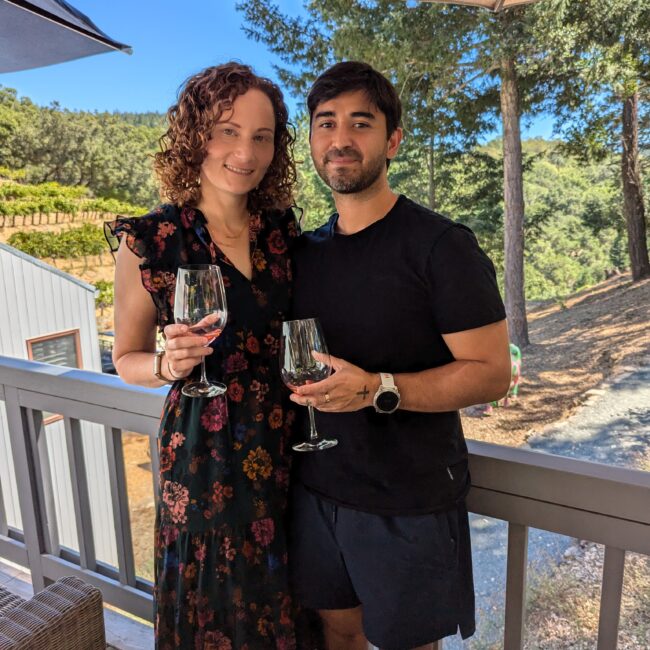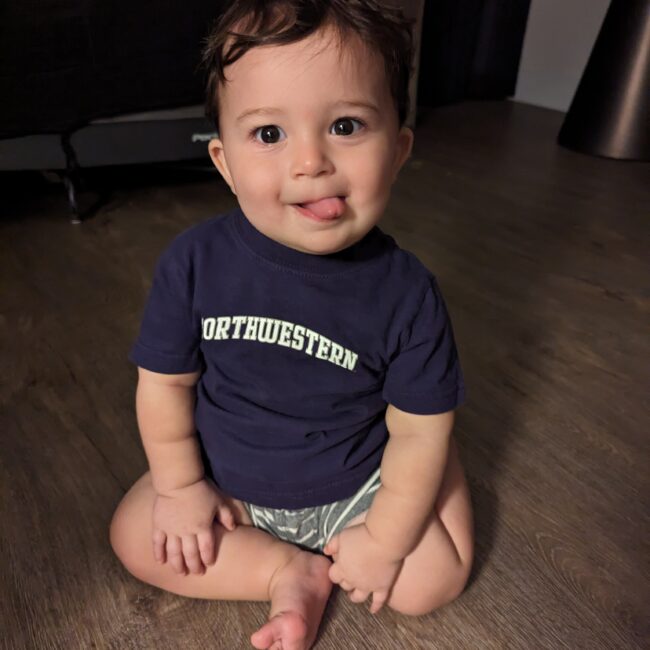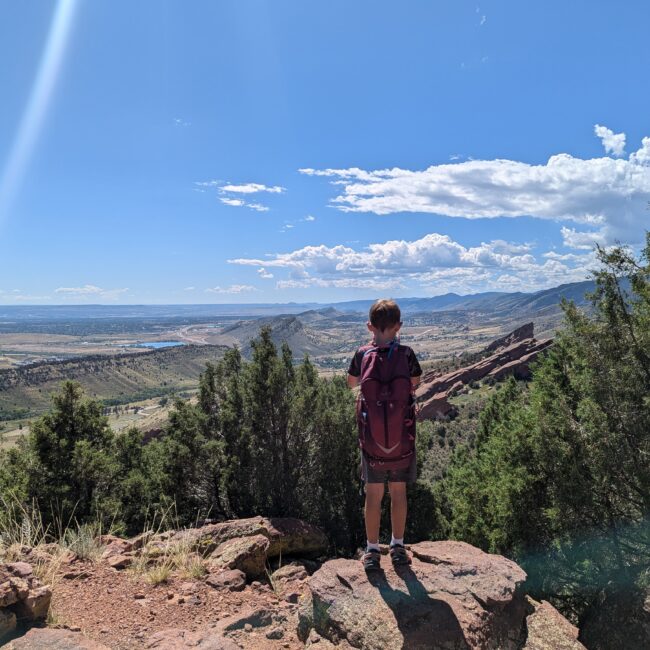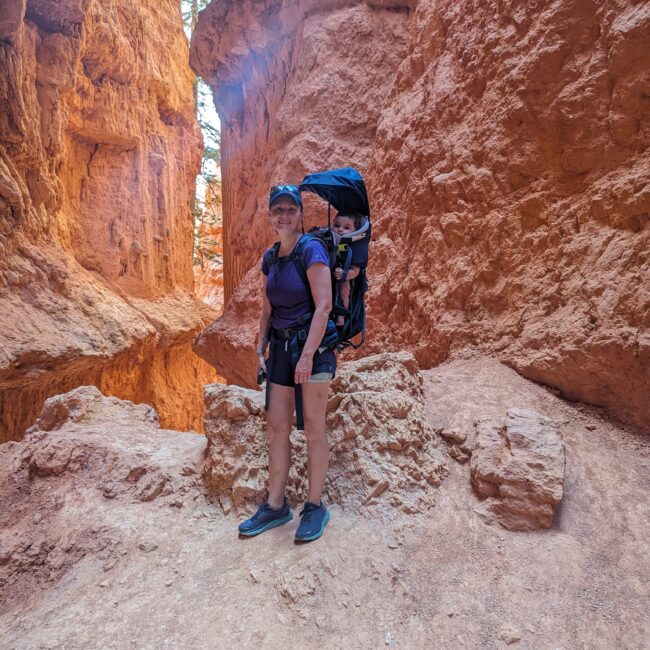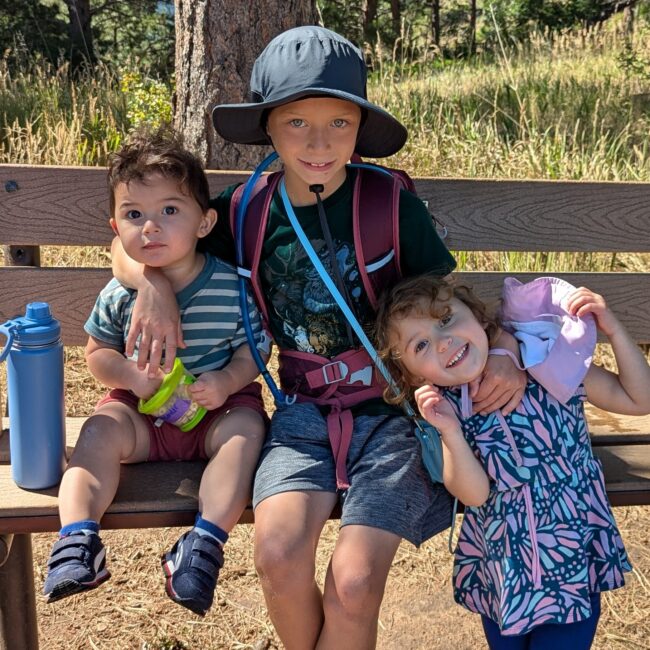About Talia

TALIA LERNER, PH.D.
Associate Professor
Departments of Neuroscience and Psychiatry & Behavioral Sciences
Northwestern University
Background
Talia received her B.Sc. in Molecular Biophysics and Biochemistry from Yale University and her Ph.D. in Neuroscience from UCSF. Her graduate work in Anatol Kreitzer’s lab focused on understanding the molecular pathways that connect dopamine, as well as another neuromodulator, adenosine, to striatal synaptic plasticity. In particular, she identified a key signaling molecule, RGS4, that is required for dopamine and adenosine to influence synaptic plasticity in the striatum.
In her postdoctoral research with Karl Deisseroth at Stanford University, Talia studied the regulation of dopamine release in specific basal ganglia subcircuits. She demonstrated that distinct information is transmitted by dopamine neurons projecting to different functional subregions of the striatum, the dorsomedial striatum (DMS; known for its role in goal-directed behavior) and the dorsolateral striatum (DLS; known for its role in habitual responding). Recognizing that dopamine neurons projecting to the DMS and DLS signal differently in vivo begs the question of how these different signals are generated and disseminated more generally, both across a wide range of behaviors and from individual to individual.
In her laboratory at Northwestern, Talia and her team use a wide range of technological approaches to dissect dopaminergic connectivity motifs and in vivo activity patterns. The Lerner Lab seeks to understand how differences in dopaminergic signaling across striatal subegions influence individual differences in motivation and learning. The Lab has a significant interest in understanding how such individual differences arise, especially in responses to stress. Identifying the precise circuitry underlying these variations in behavior will ultimately allow The Lerner Lab to identify principles of neural function that be used to improve psychiatric treatments and postively impact human well-being.
Academic and Professional Honors
- 2024 One Mind Rising Star Award
- 2024 Kavli Fellow, National Academy of Science
- 2024 American College of Neuropsychopharmacology (ACNP) Associate Membership
- 2023 Gordon & Rose McAlpine Foundation Award for Neuroscience Research
- 2022 Janett Rosenberg Trubatch Career Development Award, Society for Neuroscience
- 2022 Elected Vice-Chair of the Gordon Research Conference on Basal Ganglia for 2024
Older Awards
- 2019 NIH Director’s New Innovator Award (DP2)
- 2019 Winter Conference on Brain Research Panelist Travel Fellowship
- 2018 Eppendorf & Science Prize for Neurobiology, Finalist
- 2018 American College of Neuropsychopharmacology (ACNP) Travel Award
- 2017 NARSAD Young Investigator Award, Brain & Behavior Research Foundation
- 2017 Searle Leadership Fund Award at Northwestern University
- 2016 NIH Pathway to Independence Award (K99/R00)
- 2015 Sammy Kuo Award for Neuroscience Research, Finalist
- 2014 Ruth L. Kirschstein National Research Service Award (NRSA) Postdoctoral Fellowship
- 2014 Alan Alda Center for Communicating Science Flame Challenge, Honorable Mention
- 2013 Helena Anna Henzl-Gabor Young Women in Science Travel Fellowship
- 2012 Stanford Dean’s Postdoctoral Fellowship
- 2011 Earle C. Anthony UCSF Graduate Division Travel Award
- 2007 NSF Graduate Research Fellowship, Honorable Mention
- 2006 UCSF Graduate Dean’s Health Science Fellowship
- 2005 Yale College Dean’s Research Fellowship
Media
2022 Breakthroughs Podcast – The Role of Dopamine in Habit Formation and Compulsive Behavior
2018 K-12 Engineering Podcast – Tracing Brain Circuits for Mental Health
Scientific and Mentoring Philosophy
The best science results from a combination of hard work and creativity. Although a career in science can sometimes require you to work long or odd hours in the lab, you should not make a habit of it. Doing so is more likely to harm your mental health than advance your career. Work the hours that are required, then get out and free your mind so that you can continue to innovate, to learn, and to be creative and happy and motivated.
For my part, I will not monitor the hours my trainees spend physically in the lab. Instead, I will judge you by the substantive progress you are able to make on your project, including your ability to troubleshoot problems resourcefully, overcome setbacks honestly and resiliently, and sort through initially confusing results with grit and creativity.
I expect all of my trainees to be responsible lab citizens: to keep the lab clean and organized and to be generous in sharing their expertise with others. Teamwork and collaboration are indispensable to a successful lab dynamic. Treat every person you work with, no matter their current job title, as someone who may one day be your faculty colleague.
As your mentor, I pledge to support your career through all the stages of its development. I’m not perfect and I may not have all the answers, but I will strive to listen to you and steer you as best I can. I will always remember that you are first a person and second a student or employee. I hope that you will always feel free to speak to me about issues that come up during your time in the lab and involve me as a partner in resolving those issues.


